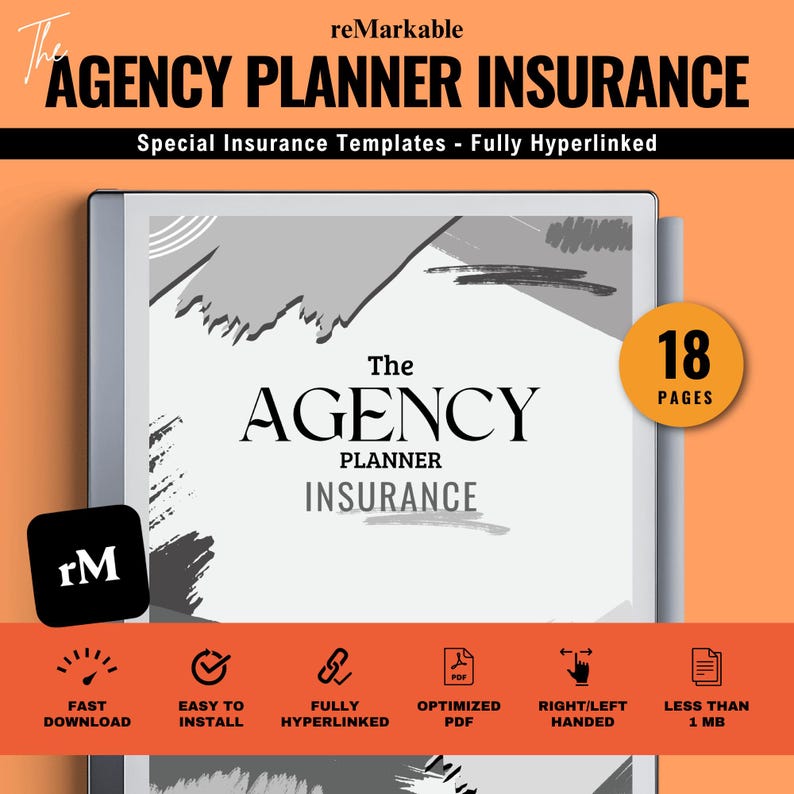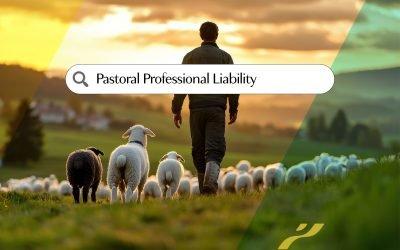In the quiet moments when people pour out their deepest fears, hopes, and struggles, pastoral counselors stand as beacons of hope and compassion. They provide a sacred space where healing begins, offering guidance rooted in faith and understanding. But amid this profound responsibility lies an often-overlooked reality: the vulnerability of those who dedicate their lives to protecting hearts. Pastoral counseling is more than just heartfelt conversations—it’s a sacred trust that carries both emotional and legal weight. This is why liability insurance isn’t just a safety net; it’s an essential shield that allows counselors to serve boldly, knowing they’re protected as they hold the delicate hearts of those they guide. In this article, we’ll explore why safeguarding pastoral counselors through liability insurance is a crucial step in preserving the integrity and safety of their vital work.
Table of Contents
- Understanding the Emotional Risks Behind Pastoral Counseling
- The Hidden Liability Challenges Clergy Face in Offering Support
- Building a Safety Net Through Comprehensive Liability Insurance
- Practical Steps to Secure Your Ministry and Protect Your Heart
- Final Thoughts
Understanding the Emotional Risks Behind Pastoral Counseling
In the delicate realm of pastoral counseling, emotions often run deep and unresolved conflicts can surface unexpectedly. Counselors carry the heavy responsibility of guiding individuals through some of their most vulnerable moments—grappling with grief, doubt, or spiritual crises. This intimate work, while profoundly impactful, can leave both counselor and counselee exposed to emotional risks. A misunderstood word, an unintended interpretation, or unmet expectations may lead to feelings of hurt or betrayal, which underline the necessity of recognizing these potential pitfalls before they escalate.
Protecting the heartspace where healing happens means acknowledging these emotional hazards:
- Emotional dependency: Clients placing excessive trust or reliance on the counselor beyond healthy boundaries.
- Miscommunication: Sensitive topics can easily be misinterpreted, causing unintended harm.
- Confidentiality breaches: Even accidental slips can shatter the trust integral to counseling relationships.
- Unrealistic expectations: Both counselors and clients may harbor hopes that are difficult to fulfill.
Each of these elements underscores why liability insurance isn’t merely a precaution—it’s an essential safeguard for preserving the emotional sanctity of pastoral counseling. It allows counselors to serve with confidence, knowing they are protected so that they can focus wholly on nurturing grace and redemption in the lives they touch.
The Hidden Liability Challenges Clergy Face in Offering Support
When clergy step beyond the pulpit to offer counseling, they often enter a minefield of unforeseen risks. Emotional vulnerability, deep personal disclosures, and complex mental health issues present unique challenges that are rarely taught in seminary. Without clear boundaries or professional safeguards, pastors may inadvertently expose themselves and their ministries to legal claims such as negligence, breach of confidentiality, or even malpractice. The sacred act of listening and guiding can become a legal liability if pastoral counselors fail to protect themselves with appropriate coverage.
These hidden challenges manifest in numerous ways—some subtle, others stark. Consider the delicate balance of providing spiritual advice while navigating mental health crises, or the emotional toll of ministering to trauma survivors. A momentary lapse in judgment or an unclear counseling agreement can trigger costly disputes. To safeguard their calling and the people they serve, clergy need to be proactive. Liability insurance acts as both a shield and a peacekeeper, allowing pastoral counselors to focus on healing hearts without the paralyzing fear of legal jeopardy.
- Confidentiality breaches in sensitive conversations.
- Misinterpretation of counseling advice leading to harm.
- Blurred lines between spiritual guidance and professional therapy.
- Emotional distress claims from parishioners.
Building a Safety Net Through Comprehensive Liability Insurance
In the delicate realm of pastoral counseling, every word spoken and action taken carries profound weight. Liability insurance serves as an essential safeguard, creating a protective barrier around counselors as they guide others through life’s most vulnerable moments. It’s not just a policy; it’s a promise to shield the counselor from potential legal challenges that may arise unexpectedly, allowing them to focus wholeheartedly on healing and support. Without this safety net, the emotional toll of defensive practices may hinder the compassionate approach that pastoral care demands so deeply.
Comprehensive liability coverage is thoughtfully designed to address the unique risks associated with pastoral counseling. It often includes protection against:
- Professional negligence claims that might occur during counseling sessions
- Breach of confidentiality disputes that can shake the trust between counselor and counselee
- Unintentional errors that can lead to misunderstandings or emotional harm
This kind of insurance provides peace of mind, empowering counselors to provide vulnerable individuals with the full depth of pastoral care without hesitation or fear. It transforms uncertainty into confidence, fostering an environment where healing can truly flourish.
Practical Steps to Secure Your Ministry and Protect Your Heart
Begin by conducting a thorough risk assessment of your counseling practices. Understand the types of situations that can lead to liability claims, from breaches of confidentiality to misinterpretations of advice. Engage trusted legal counsel familiar with ministry work to help identify vulnerable areas and customize a liability insurance policy tailored to your unique needs. This proactive approach not only safeguards your ministry’s reputation but also allows you to counsel with peace of mind, knowing your heart and work are protected against unforeseen challenges.
Complement insurance coverage with intentional self-care and boundary-setting strategies to fortify your emotional resilience. Develop a clear informed consent process, outlining the scope and limits of your counseling to those you serve. Equip yourself with ongoing training in ethical counseling practices, and create a support network of fellow ministers and counselors to share experiences and advice. These practical steps work hand in hand with insurance to create a shield that guards the heart of your ministry, nurturing both growth and healing in a spirit of safety and trust.
- Regularly review and update your insurance policy as your ministry evolves.
- Document counseling sessions diligently to provide clear records if questions arise.
- Stay informed on legal standards affecting pastoral counseling in your region.
- Foster transparent communication with those you counsel to build mutual trust.
Final Thoughts
In the sacred space where hearts are opened and souls find comfort, pastoral counselors carry a profound responsibility. Protecting those who seek guidance means more than offering empathy—it means safeguarding the trust placed in them. Liability insurance isn’t just a safety net; it’s a vital part of honoring that trust and ensuring that counselors can continue their healing work without fear. When we protect the protectors, we nurture the very foundation of compassion and care that our communities depend on. After all, in the delicate art of healing hearts, peace of mind is the gift that keeps giving.







